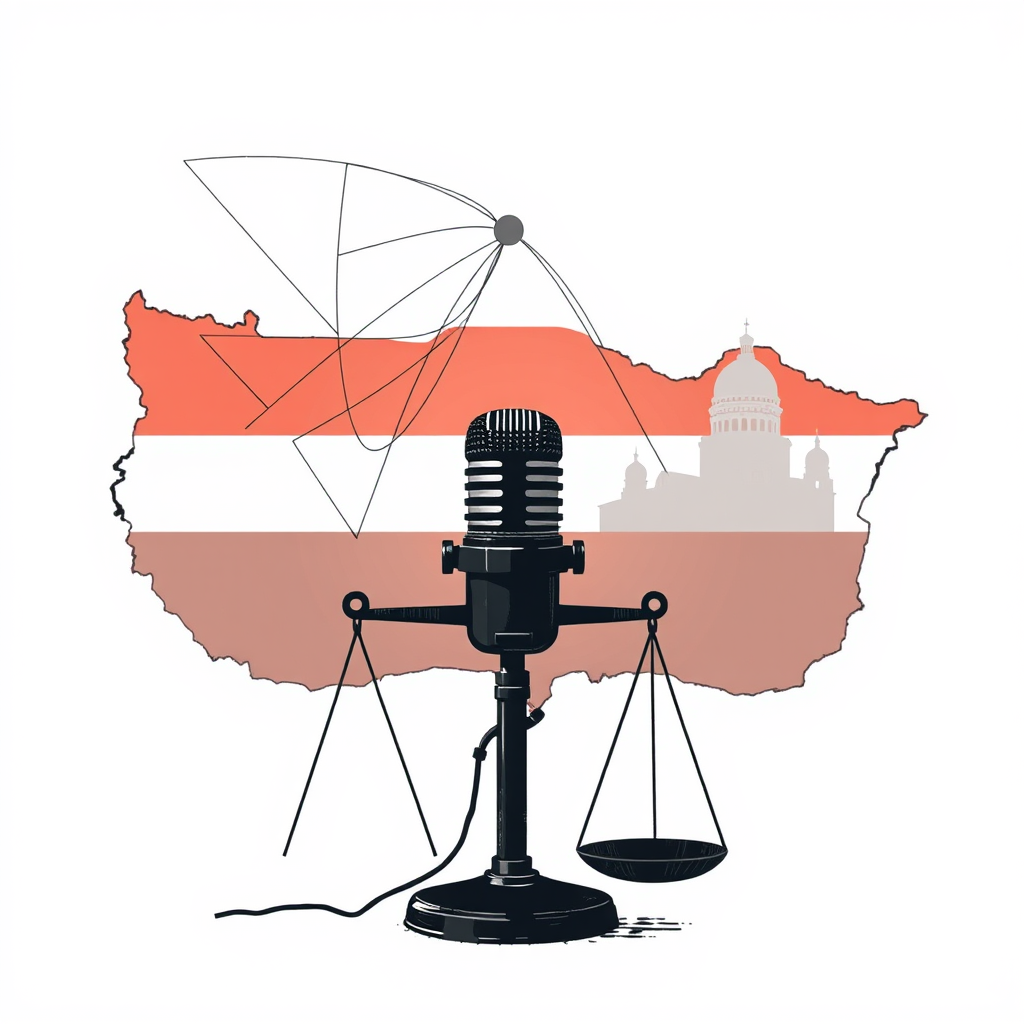Hungary’s Press Freedom Under Threat From New Bill

Budapest is facing mounting international criticism over a proposed bill that media organizations warn could severely curtail press freedom. The legislation, officially titled “On the Transparency of Public Life” (Bill No. T/11923), was submitted to parliament on May 13th by MP János Halász. Unlike bills originating from government ministers, this proposal bypasses mandatory public consultation before parliamentary review.
The bill targets organizations receiving foreign funding, broadly defining those engaged in activities that “influence public life” as potential threats to Hungary’s sovereignty. A newly empowered “Sovereignty Protection Office” would investigate these groups, making recommendations to the government for registration – effectively a blacklist – based on perceived risks to national sovereignty.
The World Association of News Publishers (WAN-IFRA) and the World Editors Forum have formally protested to Prime Minister Viktor Orbán, expressing “deep concern” that the bill poses a “significant threat to independent media.” Representing over 18,000 news titles globally, the organizations argue the legislation grants disproportionate power to the Sovereignty Protection Office to monitor, penalize, and potentially ban media outlets simply for receiving foreign funding.
A key concern is the bill’s vague definition of what constitutes a threat to national sovereignty, raising fears of arbitrary interpretation and political manipulation. WAN-IFRA and the World Editors Forum also point out the potential chilling effect on Hungarian citizens who might be deterred from donating to organizations deemed “blacklisted” under the proposed law.
The organizations highlight the irony of the bill targeting recipients of foreign funding, particularly from the European Union, while Hungary itself benefits from substantial EU funding. They remind Orbán of Hungary’s obligations as an EU member state to uphold media freedom and pluralism, as enshrined in both EU and European Convention on Human Rights charters.
This legislation appears to be a concerning step towards further restricting independent journalism in Hungary. While governments have a legitimate right to ensure transparency in funding, this bill’s broad scope and potential for abuse raise serious questions about its true intent. The targeting of organizations receiving foreign funding, coupled with the lack of public consultation, suggests a deliberate attempt to silence critical voices and consolidate power. The international community must closely monitor the situation and urge Hungary to uphold its commitments to media freedom and democratic principles. The bill, in its current form, risks undermining the very foundations of a free and open society.